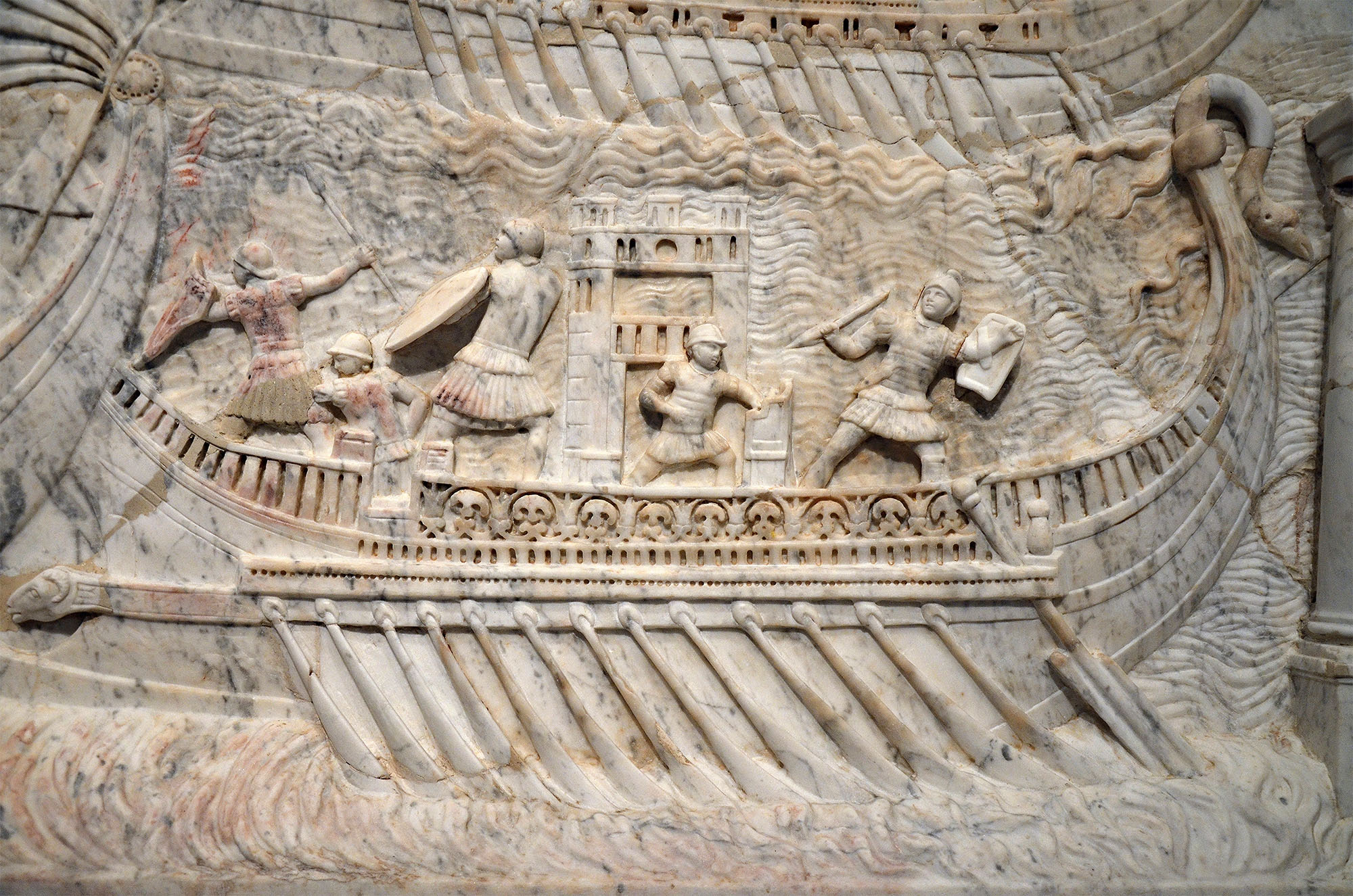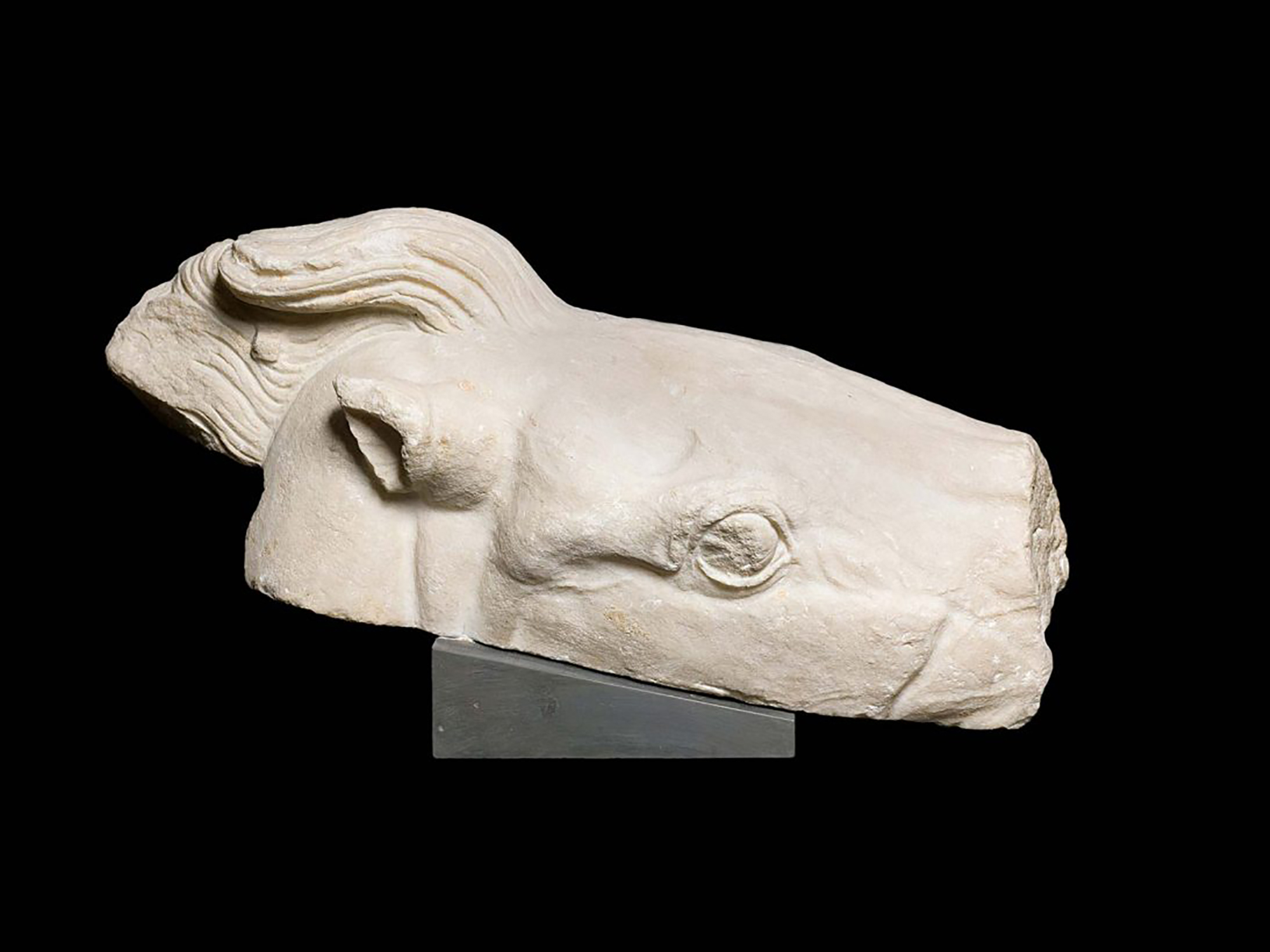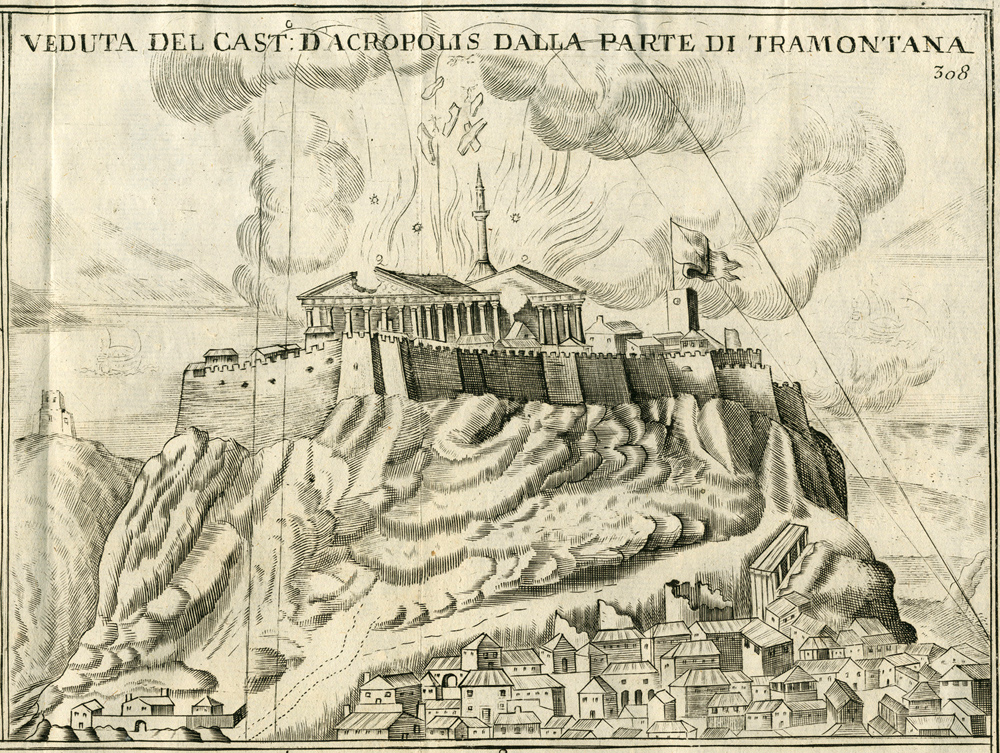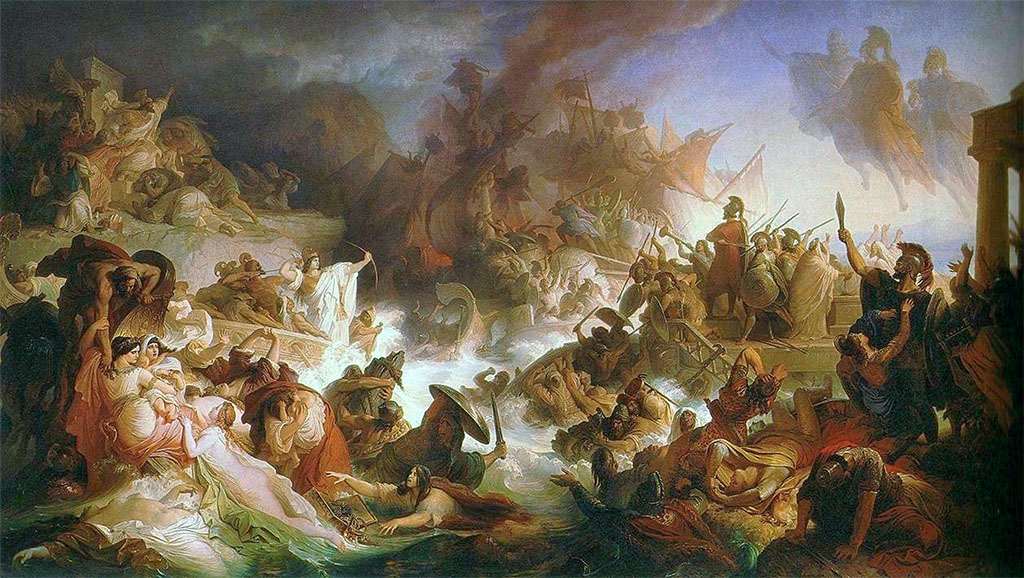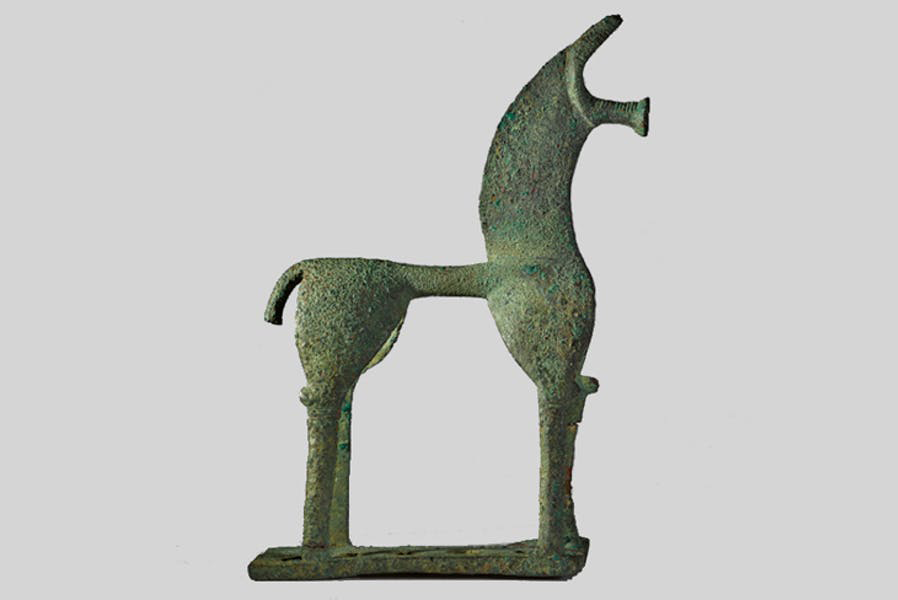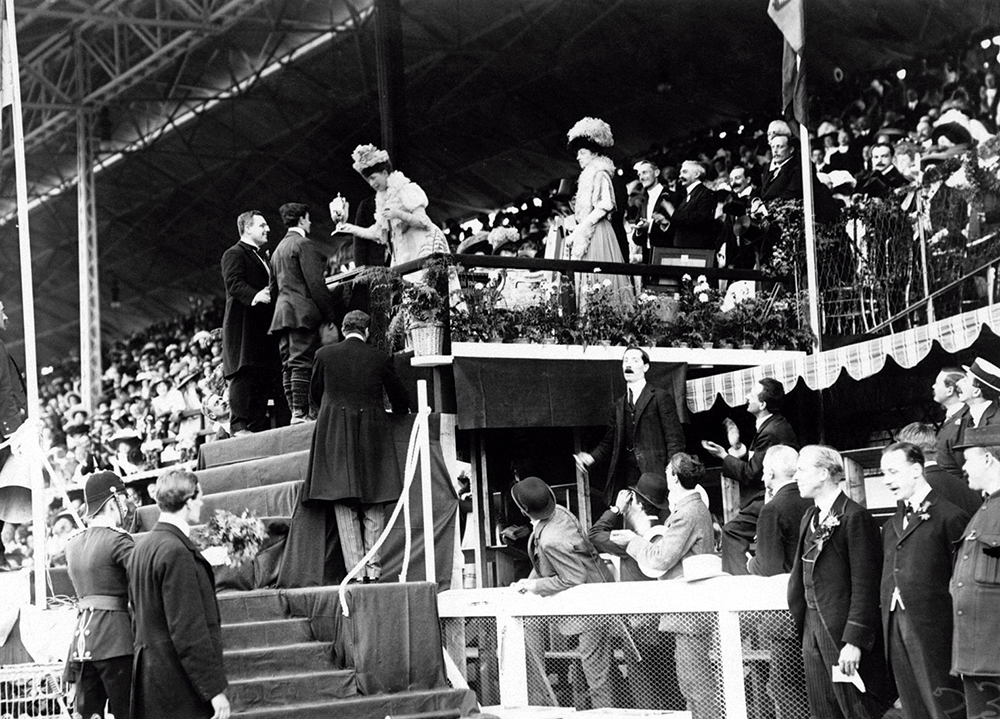Blood pathways with mistaken names

In cadavers, the arteries are usually empty. That is why, in ancient Greece, in the time of Praxagoras (c. The doctors of the 4th century didn't believe that the blood was circulating there, but the air. That’s why they were given the name artheria (meaning “air tube”).
Galen (c. Although it was known that they had been wrong since 129-199 and that the blood circulates through the arteries, the name of these blood vessels was not changed.
And in addition to keeping the original meaning, the word “artery” is used today to refer to other ways. At the beginning of the nineteenth century, it began to be used to name river networks and, later on, also to name railways and roads.
Gulf of Ambracia (Ionian Sea). In the 15th century a. 2 September 31. The Romans achieved victory in the naval battle of Accio and ensured control over Egypt. Therefore, the Greek hegemony in the Mediterranean is concluded on that date, but the Hellenic influence has remained so... [+]
Grecia, a.C. Século IV. Varios pensadores gregos, como Aristóteles ou Heraklides, escribiron sobre os etruscos, recollendo unha opinión negativa sobre o pobo que vivía no centro e norte da península italiana. As mulleres etrurianas foron especialmente criticadas e o... [+]
Antzinako Greziako hainbat tenpluen sarreretan, eskailerez gain, arrapalak topatu dituzte.
Atenas, K.a. 448-432. Akropoliaren gailurrean Iktinos, Kalikrates eta Fidias arkitektoek diseinatutako tenplua eraiki zuten, Atena Partenos jainkosari eskainia.











